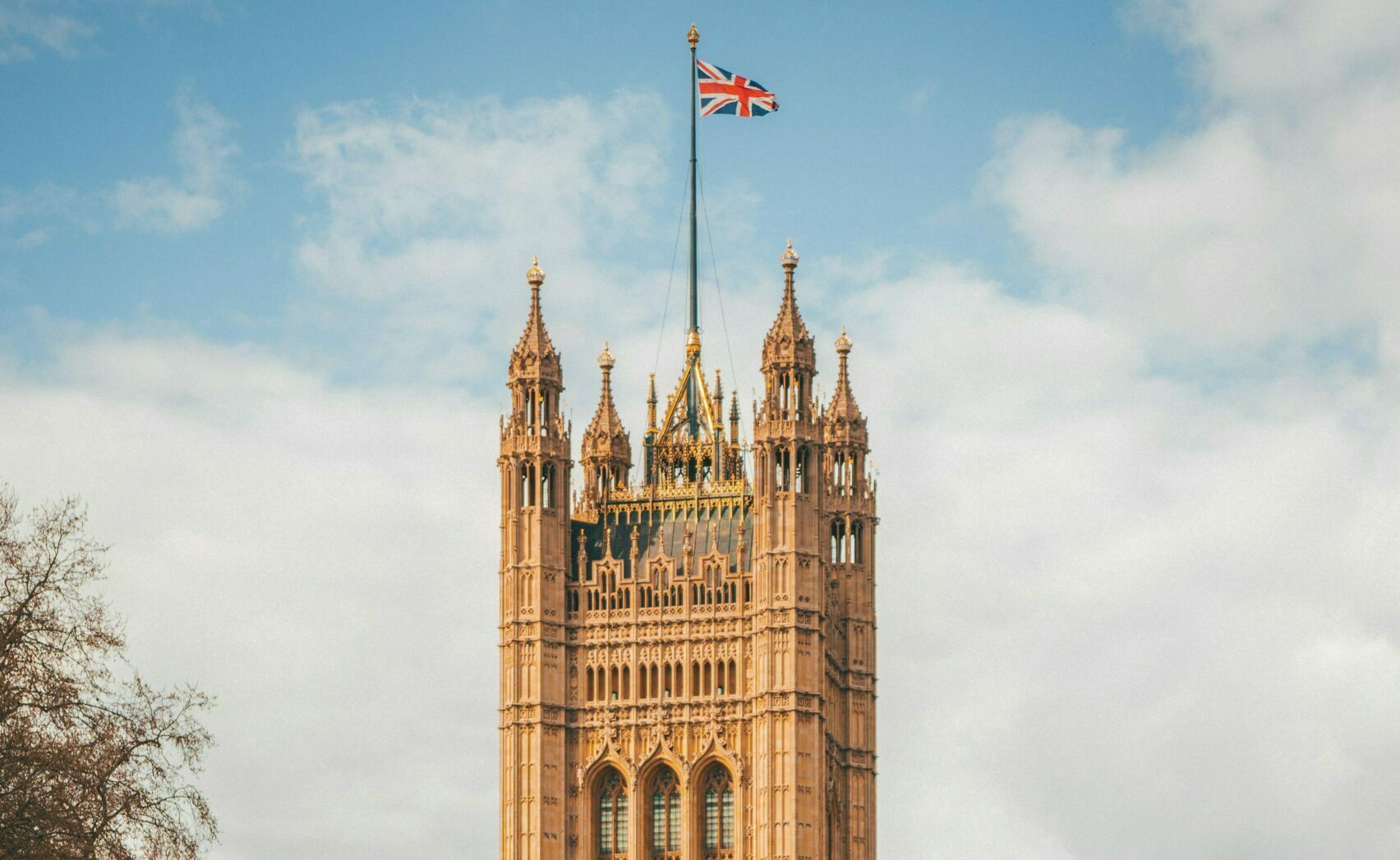This week the UK’s main parties unveiled their election manifestos. Where did tech feature? 🗳️
Delphi has looked through the Labour, Conservative and Liberal Democrat manifestos so you don’t have to – here are our key takeaways:
🤖 Tech is now deeply embedded across key policy areas – in healthcare, policing, education, climate and of course the economy. From AI in the NHS, to facial recognition for police, to new EV charging infrastructure, tech can be found throughout these manifestos.
🧑⚖️ More broadly, the political momentum is towards greater tech regulation and restriction. All parties pledge to enhance online safety controls and regulate AI further, for example, while the Tories and Lib Dems promise to ban mobile phones in schools.
🤔 Digital and AI expertise are often viewed as a way to increase productivity and cut costs across public services, but details are vague. In the NHS specifically, there’s a dichotomy between ambitious plans for deploying AI while also updating the tens of thousands of old computers that hold hospitals back (and where the real gains are to be made).
🔴 Labour has the most detailed tech plans, which include creating a National Data Library to open up access to public data sets, and a Regulatory Innovation Office to update regulations faster. Other key policies are to remove planning barriers to new data centres, shift R&D funding to ten-year cycles, turn Britain into a “clean energy superpower”, and phase out non-EV cars by 2030.
🔵 The Conservatives want to make the NHS app the “front door” for health services, and continue support for fintech, cleantech and automotive companies. Like Labour, they want to deliver nationwide gigabit coverage by 2030 too.
🟡 The Lib Dems want to increase the digital services tax on tech firms from 2% to 6%, while also creating a new Online Crime Agency, an independent advocacy body for children’s safety online, and public awareness campaigns about misinformation.
📈 At 20 points ahead in the opinion polls, Labour is almost certain to form the next government. Its “mission-driven” approach perhaps resonates with – and borrows from – the tech sector best of the three parties. It also seems to have the most interesting supply-side ideas to reform tech governance and unleash new economic activity. The proof will be in the pudding.




